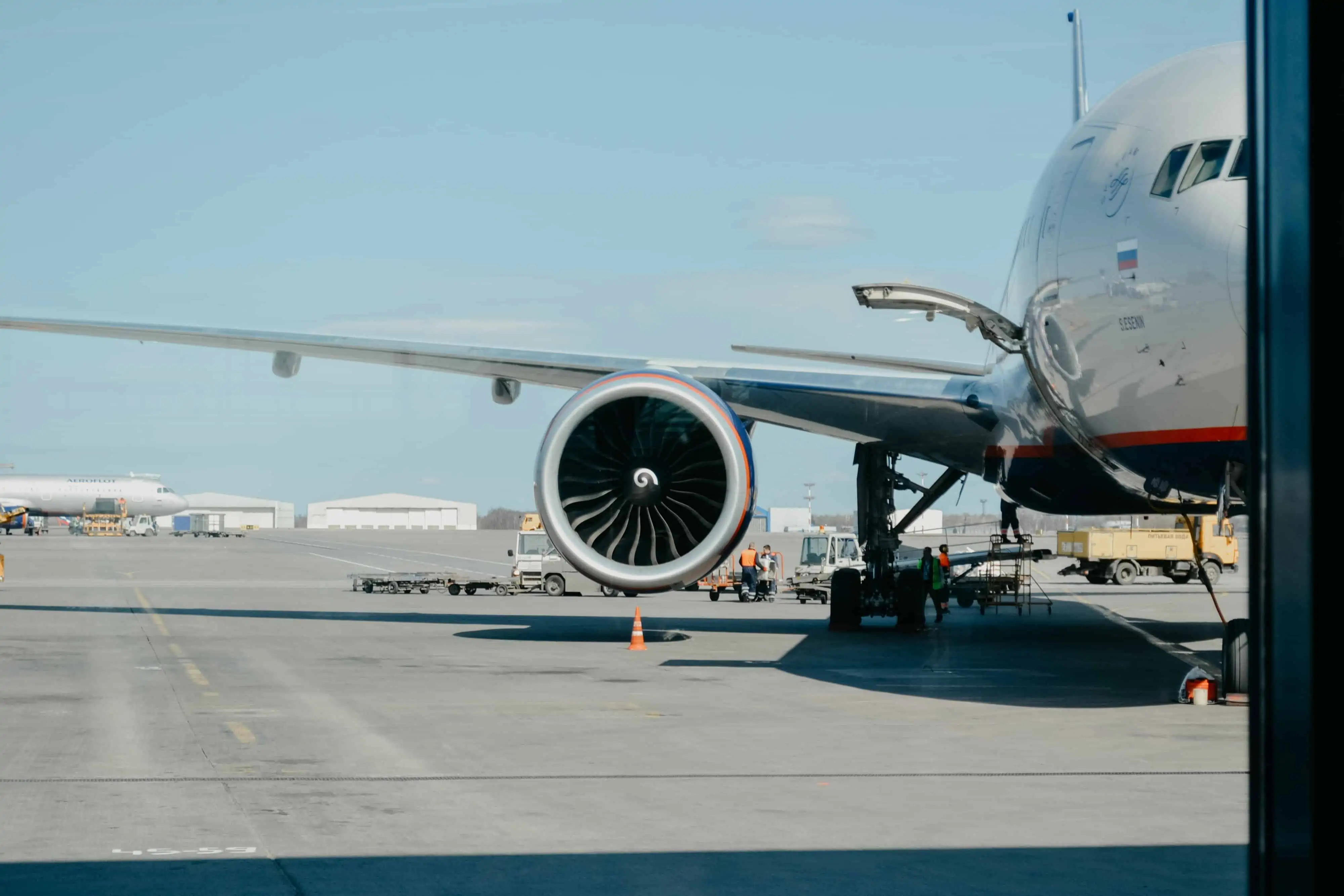UK government launches SAF mandate

The Department for Transport has confirmed that it will continue with plans to introduce a sustainable aviation fuel (SAF) mandate at the start of 2025.
The UK government unveiled its highly anticipated SAF Mandate in April 2024, signalling a bold commitment to decarbonise air travel. Following the election, the Labour Government confirmed that would continue with the policy that had been put in motion by the previous government, laying out its plans for transport during the King’s Speech in Parliament.
As part of the Government’s strategy for economic and social development, Transport Secretary Louise Haigh has said the Labour Government will introduce the mandate from 1 January 2025, subject to gaining approval from Parliament.
What is the SAF mandate?
The SAF mandate sets out an obligation on aviation fuel suppliers to blend increasing proportions of SAF into the UK aviation fuel mix. The mandate will require 2 per cent of total UK jet fuel demand to be met by SAF in 2025. This will then increase on a “linear basis”, going up to 10 per cent in 2030 and 22 per cent in 2040 where it will remain until there is “greater certainty” about SAF supply.
The government hopes the mandate will encourage the innovation of advanced fuels that can generate greater emission reductions and the diversification of feedstocks to reduce dependencies on scarce resources.
Also included in the mandate was a cap on feedstocks used in the hydroprocessed esters and fatty acids (HEFA) process – typically based on waste fats, oils, and greases as feedstock. This will only begin after two years due to the role that HEFA currently plays on supply. This cap will be set at 71 per cent in 2030 and 35 per cent in 2040.
A separate obligation on power-to-liquid fuels (alternative fuel produced from renewable energy sources, water and carbon dioxide) will also start in 2028, which the government says is one of the more promising long-term SAF pathways.
Today’s announcement is good for aviation, the environment and for the UK overall
Louise Haigh, UK Secretary of State for Transport
Announcing the mandate, Louise Haigh, UK Secretary of State for Transport, said: “Today’s announcement is good for aviation, the environment and for the UK overall: sustainable aviation fuel production is estimated to add over £1.8 billion to the economy and over 10,000 jobs across the country while supporting decarbonisation. The SAF mandate will drive demand for SAF in the UK, deliver emission reductions up to 2.7 MtCO2e in 2030 and up to 6.3 MtCO2e in 2040 and provide investor confidence that the UK will be a place to produce, use and supply SAF.”
SAF revenue certainty mechanism
The statement on the mandate followed a separate announcement on 17 July 2024 that the government will introduce a bill aimed at supporting SAF production by introducing a revenue certainty mechanism (RCM) for SAF producers who are looking to invest in new plants in the UK. This builds on the SAF mandate, which will create demand for SAF by setting targets on fuel suppliers to use a proportion of the fuel.
The government says this new sector will create jobs and growth opportunities in the UK, help secure a supply of SAF for UK airlines, and enhance energy security.
With a number of SAF projects being developed across the UK, it is hoped the revenue certainty mechanism will help to reduce risk, giving investors the confidence they need to invest in UK SAF plants, and that the bill will encourage SAF plants to be built in the UK, thereby securing a supply of SAF for the UK aviation sector and supporting the delivery of the SAF mandate.
Can we help your business?
Using the ISO 20121 management system, we have developed a range of services that enable our customers to make better informed decisions, and to strive for continuous improvement towards ambitious sustainability goals.
Get in touch with our team if you would like to discuss the opportunities for working with our airline partners on Sustainable Aviation Fuel (SAF).


